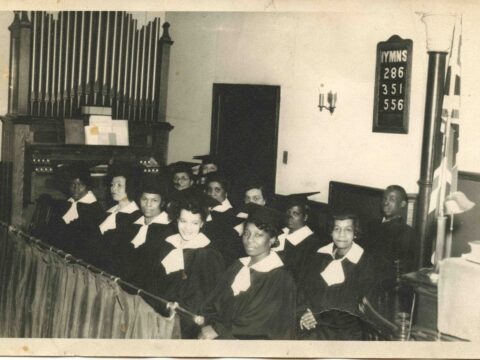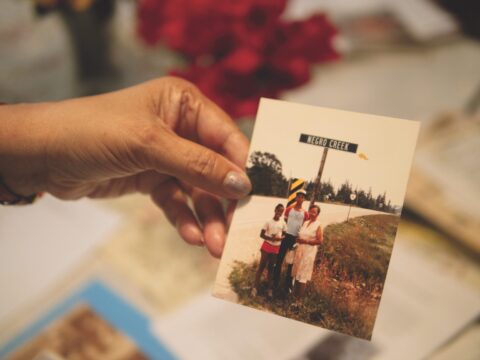Content Warning: This article mentions death and grief.
Two weeks following her fifth birthday, my son’s only child, Lillian Grace, perishes. She dies almost instantly when a dislodged rock knocks her headfirst into water and more rock.
You may unsubscribe from any of our newsletters at any time.
A fluke accident. Within seconds, our lives are forever changed.
Shock gets me through the first days and weeks.
I do not ask why. Over 40 years of experience with dying and grieving, in my life and in my work, has taught me that there is no satisfactory answer.
Nor do I ask how to get through this. While dealing with my own troubles, as well as supporting others and teaching in the area of death and dying, I trust the landscape of grief and my ability to navigate it.
I do ask who. Who can listen to lament without offering advice? Who can travel with me, in a pandemic, through the cascade of feelings? Grief does not easily pivot to the virtual.
I navigate my grief by being faithful to my established exercise regimen and my prayer and spiritual practices. For months, my morning writing and reflective time includes tears. I cry for Lilly’s cousin and best friend, who is only four months older than Lilly and is my daughter’s only child. As a mother and grandmother, I want to fix what is broken.
I know theoretically, and from past experience, that anger is part of grief. I forget. One morning, close to our second Christmas without Lilly, I am doing body prayer in front of Lilly’s pictures. A deep guttural cry erupts. Then, from a place that surprises me, I am compelled by some inner force to keep yelling, “How can life be so f—king cruel?” It is as if I am a pupil writing out the same line, over and over again.
Tears and anger. And then, as suddenly as it started, it stops. I feel release. I am calm, spent, at peace.
***
Rev. Anne Simmonds is an educator, counsellor and writer in Toronto.
This piece first appeared in Broadview’s January/February 2023 issue with the title “The landscape of loss and grief.”















There are no words that can truly comfort one who is experiencing profound grief. We can never redo yesterday. We don’t know why we are taught that “God is love” yet in the midst of out grief we wonder where this love is and what does it mean. As ministers we all have sat with those experiencing grief but the difference is that after we have been in such a situation, we can walk away. But perhaps when we ourselves have experienced profound grief, somehow it gives us greater understanding as we minister to others. Maybe we are apt to spend a little more time; to listen more closely, to cry or curse or shout with the grieving one and let them know that, though we are not in their place, we, too, know the anguish of profound loss. It doesn’t change the situation but it lets the other person know that they are not alone, and maybe that’s where the love comes through. We must not be afraid to shout, to swear, to be angry at God. Love is not always gentle and not always easily understood.